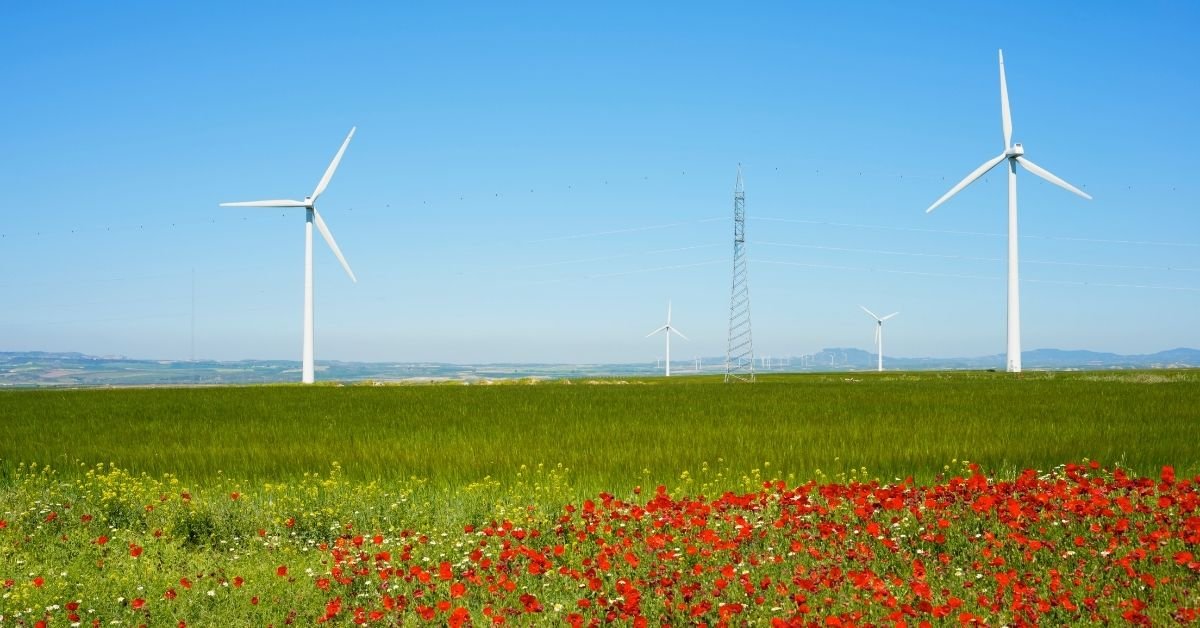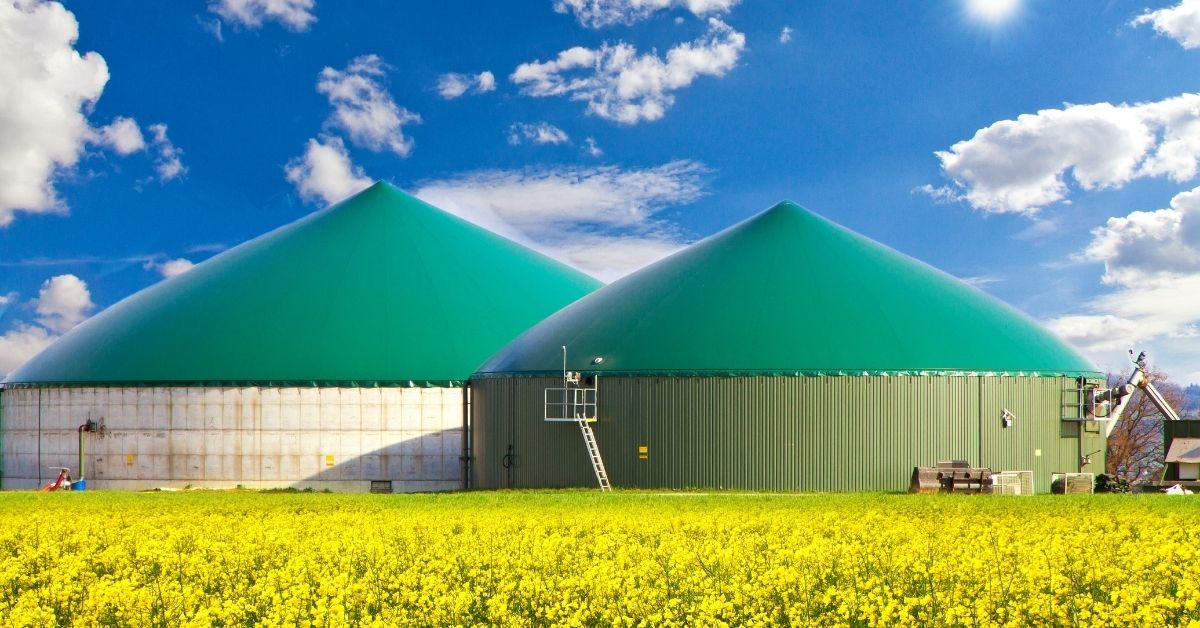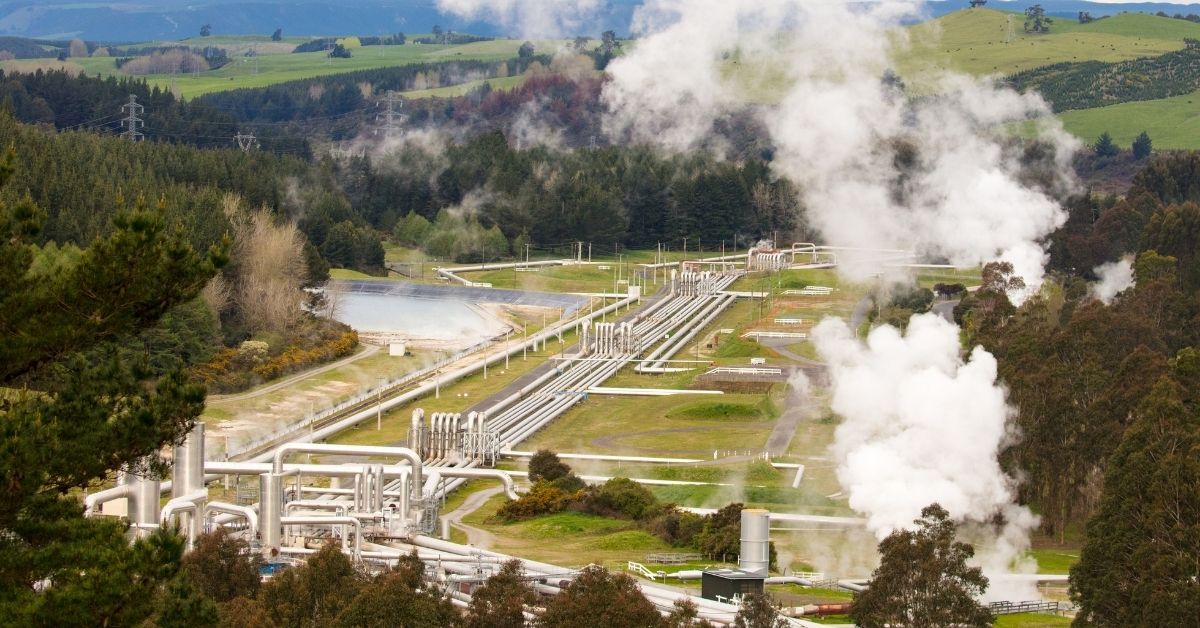Table of Contents
Biomass energy has gained popularity in recent years as a renewable and sustainable source of energy. It is an environmentally friendly alternative to fossil fuels and has the potential to reduce greenhouse gas emissions. In this article, we will explore what biomass energy is, how it works, and its benefits.
Biomass definition
Biomass is defined as “The total mass of living or recently living organisms, including plants, animals, and microorganisms, in a given area or ecosystem”.
What is biomass?
Biomass energy is derived from organic matter, such as wood, agricultural waste, and municipal solid waste. This organic matter can be burned or converted into other forms of energy, such as electricity, heat, or fuel. Biomass is a renewable energy source because it can be replenished naturally over time.
How does biomass energy work?
Biomass energy works by burning organic matter to produce heat. The heat can be used to generate electricity or produce steam for industrial processes. Biomass energy can also be converted into other forms of energy, such as biofuels, which can be used to power vehicles.
Benefits of biomass energy
- Renewable and sustainable: Biomass energy is a renewable and sustainable energy source that can be replenished over time. It is also a carbon-neutral energy source because the carbon dioxide released during combustion is offset by the carbon dioxide absorbed during the growth of the organic matter.
- Reduction of greenhouse gas emissions: Biomass energy has the potential to reduce greenhouse gas emissions because it is a carbon-neutral energy source. By replacing fossil fuels with biomass energy, we can reduce our carbon footprint and mitigate climate change.
- Waste reduction: Biomass energy can be produced from waste materials such as agricultural waste, municipal solid waste, and forestry residues. By using these waste materials as a source of energy, we can reduce the amount of waste sent to landfills and incinerators.
- Economic benefits: Biomass energy can provide economic benefits to rural communities by creating jobs in the biomass energy industry. Biomass energy can also provide a reliable source of energy, reducing dependence on imported fossil fuels.
- Job Creation: The production and use of biomass energy can create jobs in rural areas, where much of the biomass feedstock is produced. The construction and operation of biomass power plants, as well as the collection and transportation of biomass feedstock, can create jobs in these communities.
Biomass energy is a renewable and sustainable energy source that has the potential to reduce greenhouse gas emissions and provide economic benefits to rural communities. By using waste materials as a source of energy, we can also reduce the amount of waste sent to landfills and incinerators.
As we move towards a more sustainable future, biomass energy will play an important role in our energy mix.
Also, read the strain formula































